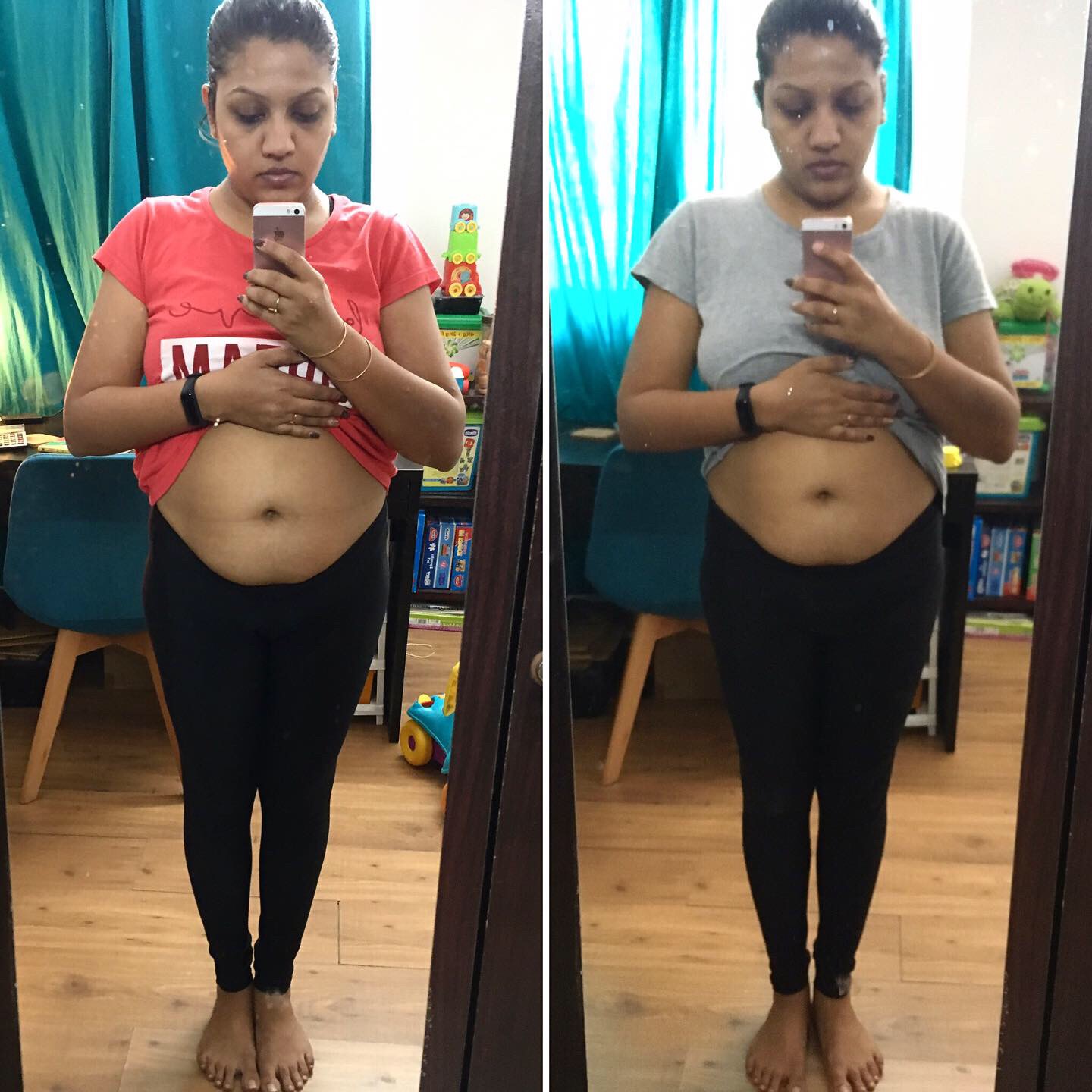
Can fiber help you lose fat? A recent study suggests that a 30g fiber diet may lower blood pressure and improve insulin response. What amount of fiber is recommended? Which types of fiber is best to include into your diet? Let's see! These are some fruits and vegetables that are high in fiber. These may be what you need in order to start losing weight. These foods are delicious and good for your overall health.
Viscose Fiber
A good way to lose weight is to eat more fiber. Fiber is a great source of health benefits. One study examined how fiber affected diabetics. According to Dr. Rebecca Blake, clinical nutritionist at Mount Sinai Beth Israel in New York City, fiber makes you feel full without adding extra calories. Eating more baked potatoes over other kinds of potatoes can help you feel fuller and stop you from feeling hungry later.

Soluble fiber
Soluble Fiber is a carbohydrate which is found in plant foods. It can be classified either as soluble or insoluble based on how it reacts when it is mixed with water. Foreign invaders can inflame it and cause weight gain. Insoluble fiber intake has been shown to reduce inflammation markers that are linked with weight gain. The benefits of fiber are preventive in weight loss.
Insoluble fiber
Soluble fiber is good for your health. It can help you digest food and lower your belly fat. It helps your digestive system to release food slowly, resulting in less belly fat. The slow release of food can also be slowed by soluble fibers, which can promote regularity and weight loss. These fibers are found in whole grains, fruits, vegetables, legumes, and whole grains. Learn more. Make sure to drink plenty water while you eat.
Fruits
Fruits are high in nutrients and rich in vitamins and fiber. You can snack on them and they don't require cutting or peeling. Blueberries are a good choice for people who are trying to lose weight. They have eight grams of fiber per cup. This type of fruit can also help you lose weight by making you feel full longer. It is rich in essential vitamins, minerals, and water.

Nut butters
Many butter and nut products are high in fiber, and many of them contain protein. Many of them contain unsaturated fatty acids, so buying organic is the best choice. Many oil manufacturers add trans fat and hydrogenated to the product to prevent it from seperating. You can cut back on calories by buying organic nuts and nut oils. This will allow you to have a rich snack with no extra calories.
FAQ
What is the best exercise for weight loss?
There are many factors that affect the amount of exercise you need to lose weight. Most people need to exercise at least 30 minutes five days a weeks.
The American College of Sports Medicine recommends 150 mins of moderate-intensity aerobic exercise per week spread over three consecutive days.
If you are trying to lose 10 pounds, 300 minutes of moderate intensity exercise per week is a good goal. This includes activities such swimming laps (brisk walking), biking, dancing and playing tennis.
If you're just starting out, consider doing 20 minutes of vigorous activity thrice weekly. That could include activities like lifting weights, sprints, jumping rope, or fast walking.
Aerobic exercise is a great way to burn calories and build muscle mass. Muscles burn more calories than fat. Building muscle and losing weight can help you reach your goals faster.
How to create an exercise program?
Create a routine. You should know what you will do each week and how long. This helps you plan and prevents procrastination.
Second, make sure that your workouts are varied. Avoid becoming bored with exercise. If you do, it will be difficult to keep going.
You also need to keep track of your progress. It's important to see how much weight you have lost or gained over time.
It's easy for people to lose motivation when they start by losing weight. If you gain excessive weight, it can be difficult to remain motivated.
You should find a balance between weight gain and weight loss. If you're not happy with where you are, then you'll be less likely to continue exercising.
How long should I do Intermittent fasting to lose weight?
The answer may not be as straightforward as you think. When determining the number of days you should fast for optimal fat reduction, there are many factors to consider. These are:
-
Your age. If you are younger than 40, intermittent fasting might be too difficult because you have less time for recovery after each fast. However, intermittent fasting may be too difficult for older people (over 60) who might not have the energy to continue a long period of daily fasting.
-
Your current body composition. A longer period of fasting is more beneficial for those with a lot of muscle mass. For those with less muscle mass, however, you may be able to benefit from shorter fasting times.
-
How physically active are you. To ensure adequate rest between workouts, you might need to extend your fasting period if you exercise frequently.
-
Your medical history. Additional fasting monitoring may be required for certain medical conditions such as diabetes or heart disease.
-
How do you handle stress? Stressful situations can make us eat more. To avoid this, you might want to increase the lengths of your fasting window.
-
It is the type of diet you are following. Certain diets, like ketogenic diets, may require even longer fasting periods.
-
Your quality of sleep. Lack of sleep has also been linked to increased appetite and decreased metabolism. It might take some time to find what works best for your needs.
-
The amount of protein you consume. Consuming more protein helps to stabilize blood sugar levels. This could lead to lower insulin levels. This would allow for you to fast more often.
-
Whether you're trying to gain or lose weight, people who are trying to gain weight usually require longer fasting periods than those who are trying to lose weight.
-
What percent of your daily calories are you consuming during your fasting time? Fasting for fewer calories per days may lead to greater fat loss than fasting with more calories.
-
Your fitness level. Fasters who are very fit tend to have higher metabolic rates, which allows them to burn more calories throughout the day.
-
Your gender. Men have greater appetites than women and may need to fast longer. Women generally have smaller appetites, so they may only need to fast for about 20-30 minutes every morning.
-
Your lifestyle. Do you get enough physical activity? Do you exercise multiple times a week or do you just go to the gym? Do you work at a desk all day? These things could impact the speed at which you should go.
-
How much money do you spend on food? It doesn't always mean that you should spend a lot of money on groceries if you eat healthy foods. It's possible to save money by purchasing whole grains rather than white bread, fruit instead of candy bars, lean meats instead fatty cuts, and fruits instead of candy.
-
How important it is for you to control your hunger. You might not have to fast as much if your hunger isn't a problem.
Are there any side effects to intermittent fasting
Intermittent fasting has no known side effects. If you don't plan well, you may experience minor issues.
If you skip breakfast, your day might be interrupted by irritability. Other symptoms include headaches, dizziness and fatigue as well as muscle cramps.
These symptoms often disappear within a few hours.
What effect does intermittent fasting have on my sleep?
Intermittent fasting can affect your sleep. Your hunger hormones rise when you skip meals. This can lead to you waking up early in the morning.
Experts recommend skipping breakfast. Instead, they suggest having a light snack before bedtime.
You can still eat a small meal if you feel hungry after the snack.
Don't overeat. If you do, you will gain weight rather than losing it.
What Amount of Weight Can You Lose In A Week?
The amount of weight you can lose depends on your current body fat percentage. You need to determine how much weight loss you are looking for. Your BMI tells us how much weight you should lose in order to achieve this goal. If your BMI is 25 or greater, you're overweight. If your BMI exceeds 30, you may be obese.
For example, let's say you have a BMI of 28.7 and are 200 pounds. To get to a healthy weight range, you'd need 70 pounds of weight loss. To see if you're overweight, visit www.healthyminds.com/bmi/.
Once you know your BMI, this formula will allow you to determine how many pounds per week you'll be able to lose.
(Your Goal Weight - Current Weight)/BMI * 7 Number Of Pounds Lost Per Week
If you want to lose 50 pounds in one month, you'd need 2 weeks' worth of exercise, which equals 56 days, divided by 7 pounds lost per day. This works out at 8.3 pounds per week.
You could also try this calculator from www.weightlosscalculator.net. It gives you a rough estimate of how many calories you should eat daily to lose 1 pound per week.
What can I drink in the morning while intermittent fasting?
It is a good idea to drink water early in the day. It will help you feel fuller, faster, and it will give you energy throughout your day. You can add lemon juice or cucumber slices to enhance the flavor.
Statistics
- According to Harvard Health, it's estimated that a 155-pound (70-kg) person burns around 167 calories per 30 minutes of walking at a moderate pace of 4 mph (6.4 km/h) (5). (healthline.com)
- One study in 9 active men found that HIIT burned 25–30% more calories per minute than other types of exercises, including weight training, cycling, and running on a treadmill (18Trusted Source (healthline.com)
- Another study found that 24 weeks of weight training led to a 9% increase in metabolic rate among men, which equated to burning approximately 140 more calories per day. (healthline.com)
- One 6-month study showed that simply doing 11 minutes of strength-based exercises 3 times per week resulted in a 7.4% increase in metabolic rate, on average. (healthline.com)
External Links
How To
How to lose weight quickly
There are many methods to quickly lose weight. But, many people find them ineffective and unsustainable. It is best to exercise and lose weight quickly through diet. It is important to eat less calories than your body burns each day. This means eating fewer calories than what your body burns during normal activities. Reduce your calorie intake to quickly lose weight.
Avoid foods high in fat and sugar as they can increase your appetite. Aim to drink plenty water each day. It helps keep you hydrated and keeps your metabolism running at its peak. Combining these three elements together will give you results faster than you thought possible.